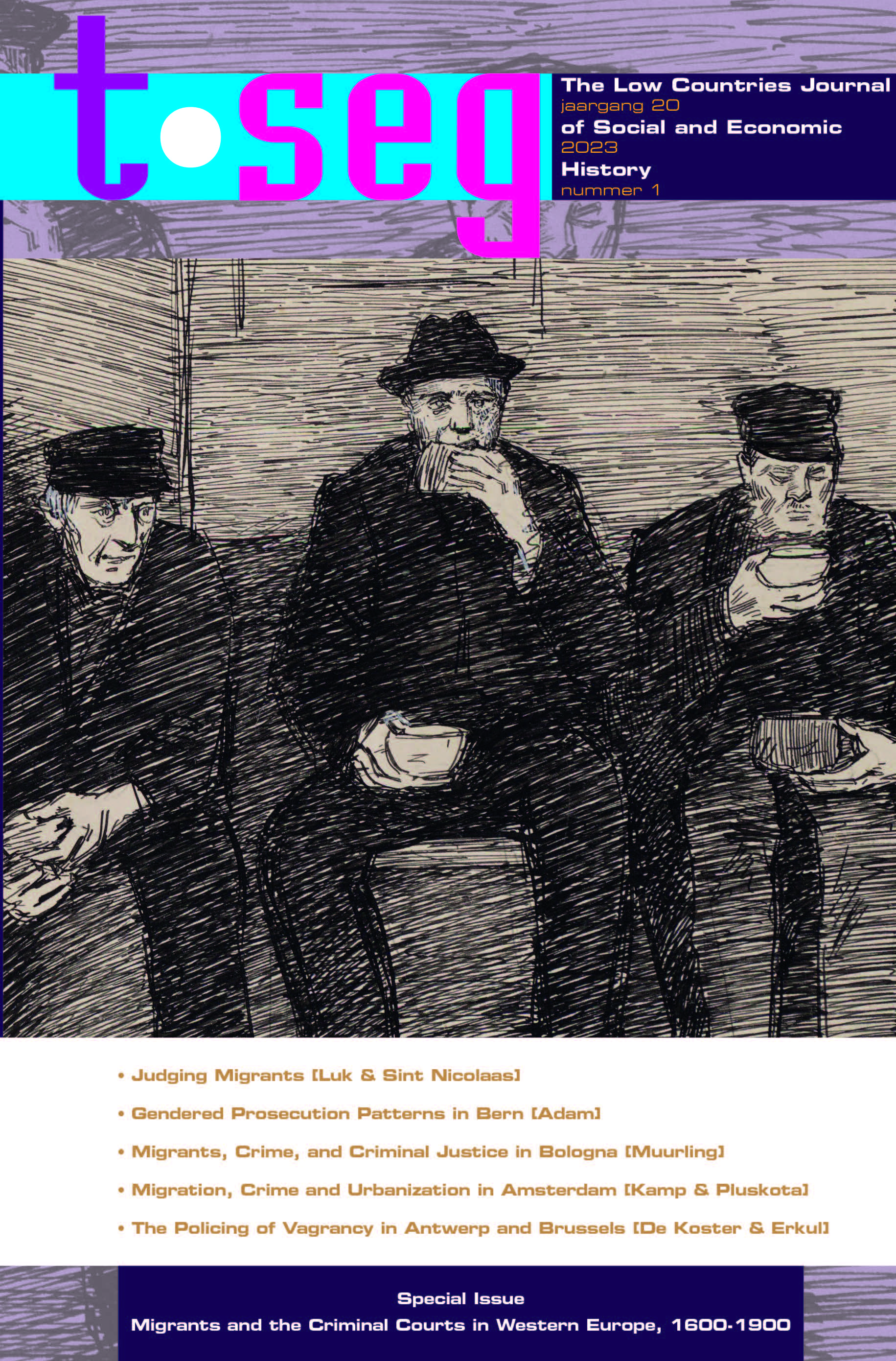Exploring Slave Trade in Asia
First Steps towards an International Database
DOI:
https://doi.org/10.52024/tseg.13647Abstract
Since its conception in 2016, the Exploring Slave Trade in Asia (ESTA) project has been working towards solidifying research on the slave trade in the Indian Ocean region and Maritime Asia world by means of a collaborative database. This article briefly discusses ESTA’s roots and goals, showcasing the first results that its database yielded. We discuss and evaluate the database’s structure and content up until this point, as well as its ramifications, aspirations, and challenges. Based on the first observations, this article further signifies the value of the ESTA database for comparative slave trade research, taking its first steps towards a reconstruction of the Indian Ocean and Maritime Asia slave trade by connecting global long-distance slave trade with local systems of slavery and forced labour.
Downloads
Published
Issue
Section
License
Copyright (c) 2023 Pascal Konings, Maartje Hids, Sam J. Miske, Matthias van Rossum, Merve Tosun, Hannah de Korte

This work is licensed under a Creative Commons Attribution 4.0 International License.






